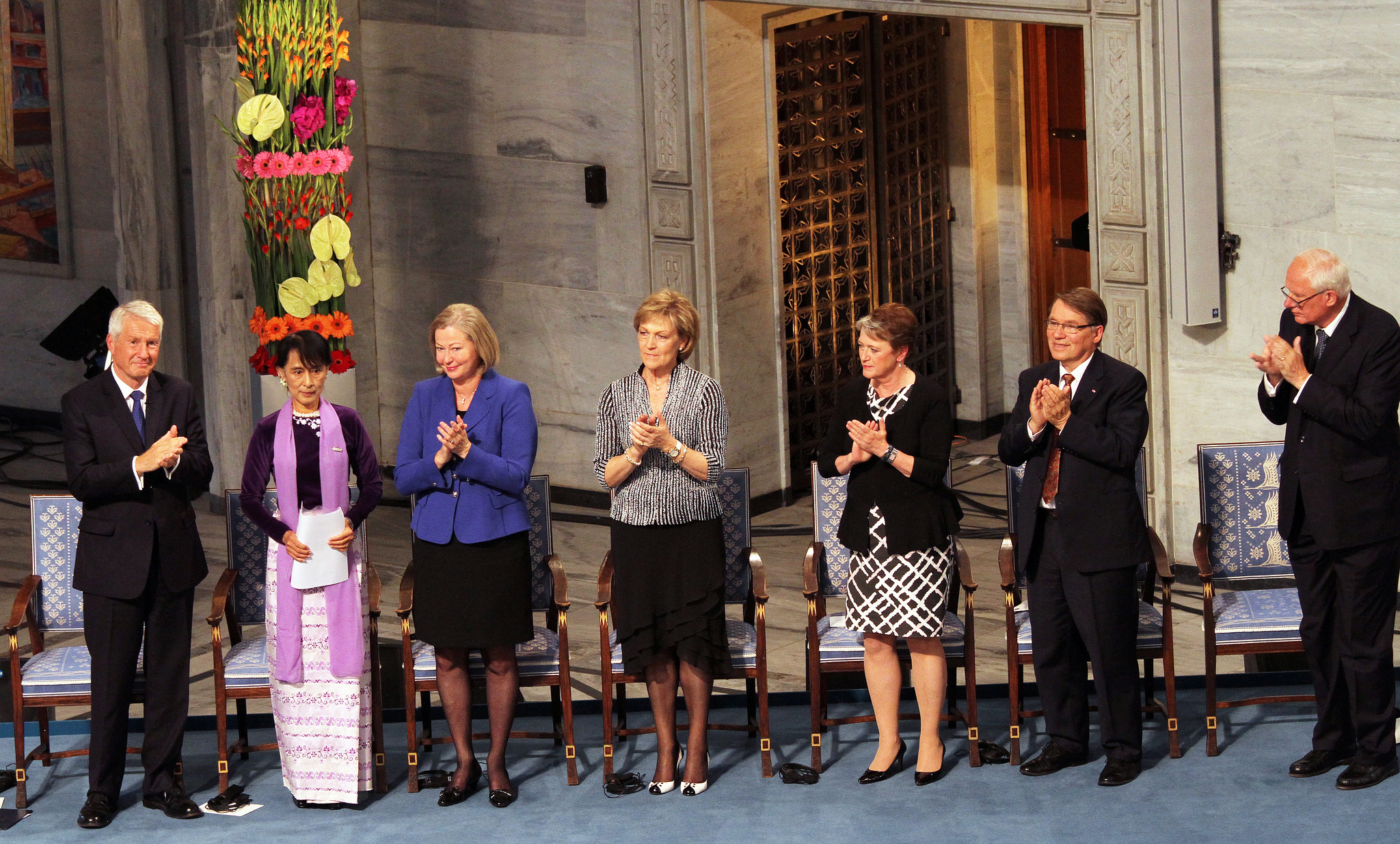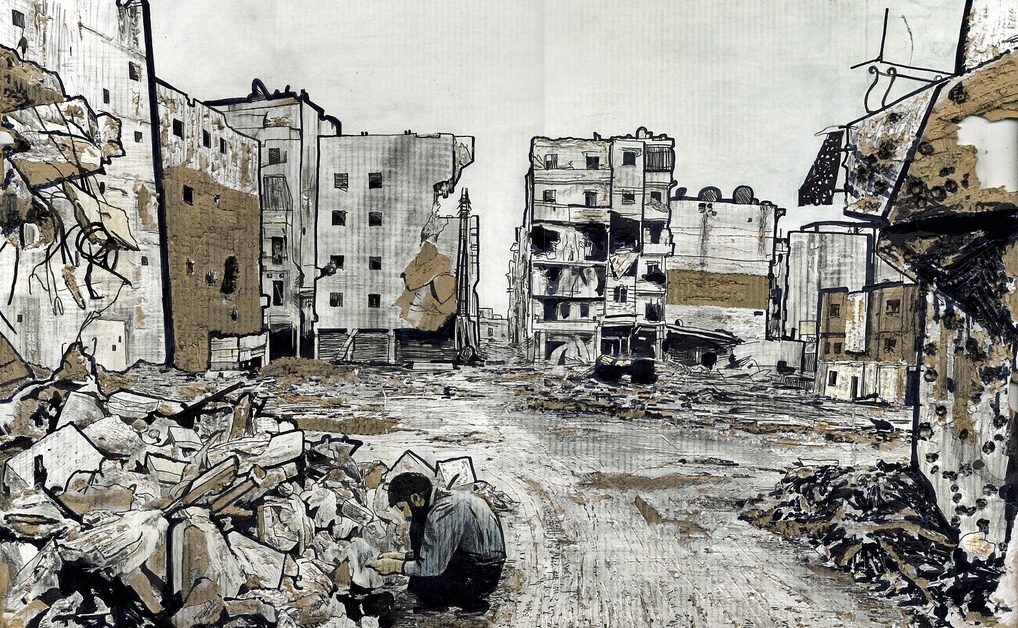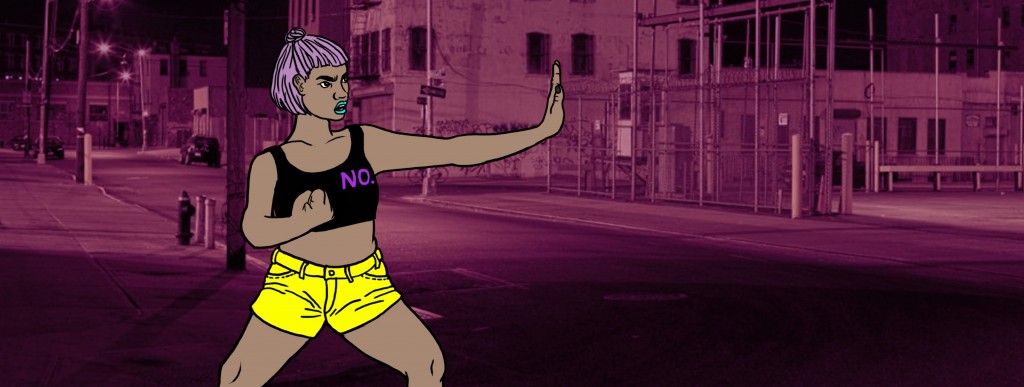
What does the Rohingya crisis mean for Myanmar’s Nobel Laureate?
By Olivia Heffernan, a master’s candidate at Columbia University School of International and Public Affairs
On November 14, the Weatherhead East Asian Institute at Columbia University hosted a lecture titled “Understanding the Rohingya Crisis.” Panelists addressed the historical roots of ongoing violent conflict in Myanmar, including the “othering” of the minority Rohingya Muslims and escalating fear of Islam, as well as the responsibility of the international community to respond to the country's human rights crisis. The lack of response raises questions about the international community’s commitment to protecting peace and precipitates another interesting discussion: What does an ethnic cleansing overseen by a Nobel Peace Prize winner mean for the credibility of the award itself?
Daw Aung San Suu Kyi, Myanmar’s de facto leader and first state counselor, was conferred the Nobel Peace Prize in 1991 for her admirable fight for democracy in Myanmar during 15 years under house arrest as a political prisoner. However, actions speak louder than words. Aung San Suu Kyi’s complicity to the killings...


